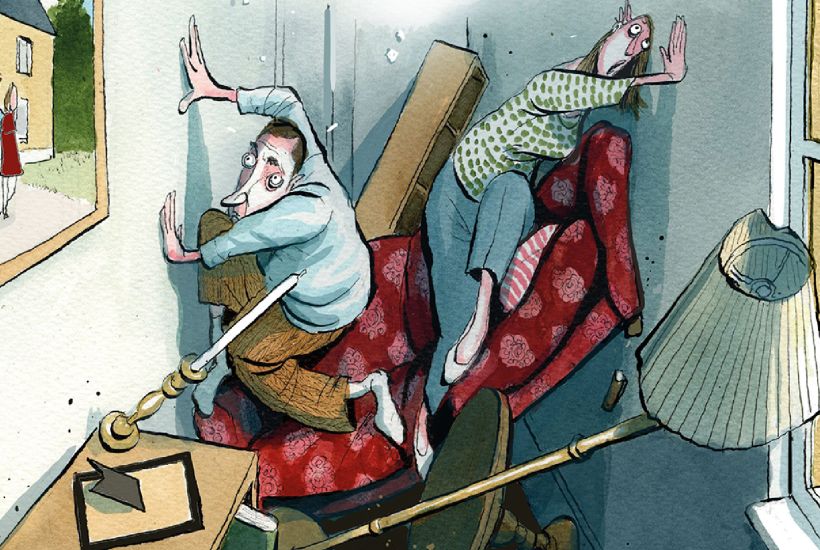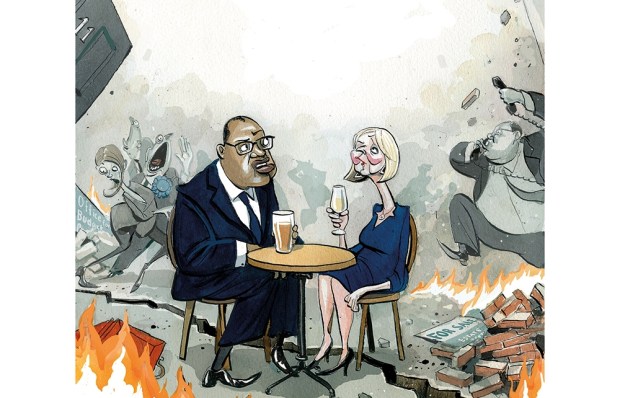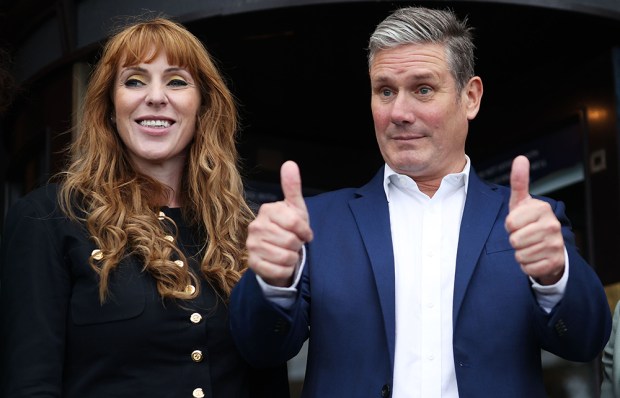In December Jeremy Hunt hosted a mortgage summit, attended by lenders and the Financial Conduct Authority, to discuss rate woes. At the time, the numbers were at least moving in the right direction. During Liz Truss’s 49-day premiership, the FCA expected interest rates to rise to 5.5 per cent, an increase which was forecast to put 570,000 people into mortgage payment difficulty.
Already a subscriber? Log in
Subscribe for just $2 a week
Try a month of The Spectator Australia absolutely free and without commitment. Not only that but – if you choose to continue – you’ll pay just $2 a week for your first year.
- Unlimited access to spectator.com.au and app
- The weekly edition on the Spectator Australia app
- Spectator podcasts and newsletters
- Full access to spectator.co.uk
Or
Unlock this article
You might disagree with half of it, but you’ll enjoy reading all of it. Try your first month for free, then just $2 a week for the remainder of your first year.















Comments
Don't miss out
Join the conversation with other Spectator Australia readers. Subscribe to leave a comment.
SUBSCRIBEAlready a subscriber? Log in